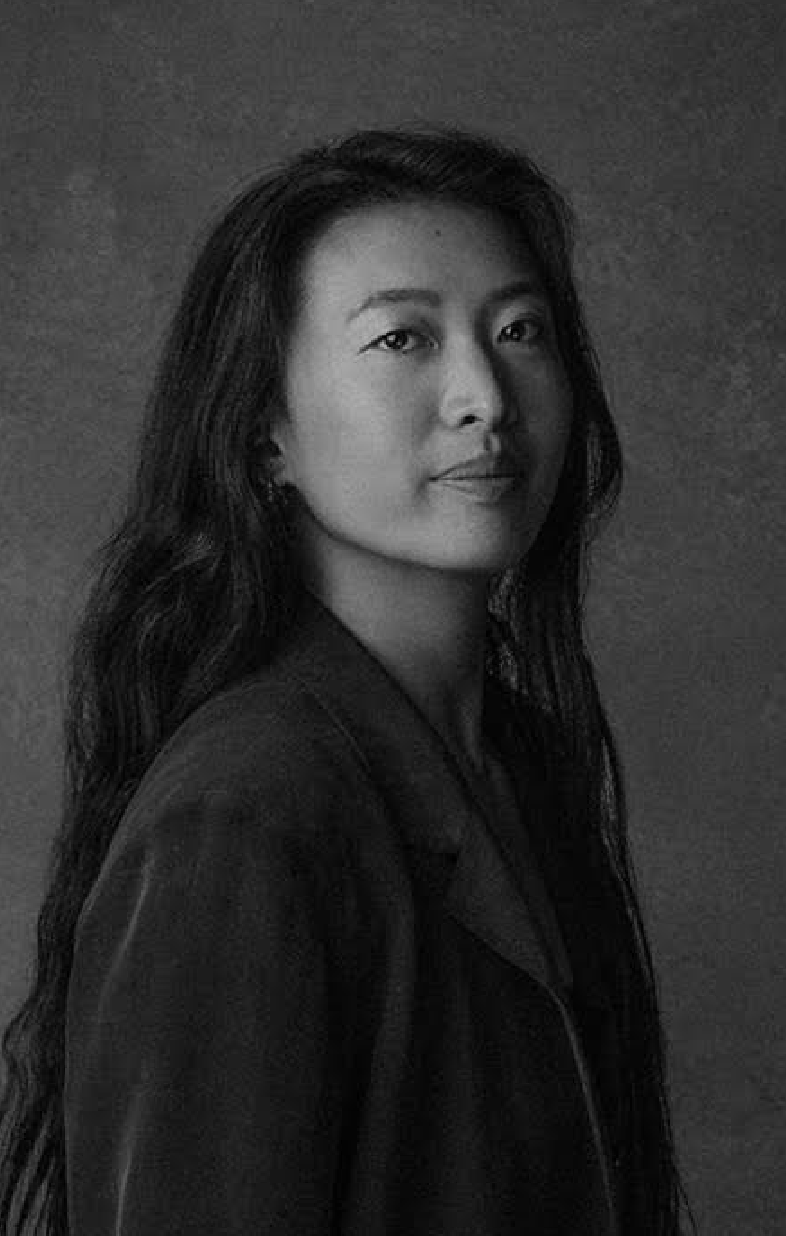Module 1: DESIGNING FOR DEI
We are starting the program with the first module focused on how to design for diversity, equity and inclusion. What does it mean? Where could designers start? The first module will guide you through these questions.
Speaker 01: Katherine Zhou
About Kat
Kat (she/her) is the creator of the <Design Ethically> project, which started out as a framework for applying ethics to the design process and has now grown into a toolkit of speculative activities that help teams forecast the consequences of their products. Through her work with <Design Ethically> , she has spoken at events hosted by the European Parliament (2022) and the US Federal Trade Commission (2021), as well as an assortment of tech conferences. Kat has been quoted in the BBC, WIRED, Fast Company, Protocol, and Tech Policy Press.
Outside of <Design Ethically>, Kat has worked as a designer in the industry for years. She lives in Stockholm with her adopted husky, where you can find them running around.
Topic
Join Kat, creator of the <Design Ethically> project, as she dives into how she created an ethical design framework for product teams and the lessons she learned from piloting her methodology with teams at various companies and universities around the world. She will also chart the course of how our industry got to where we are today, looking at the state of diversity, equity, and inclusion in tech, the rise of manipulative design patterns, and the like. Finally, she will discuss what scaling the tech ethics movement entails for employees, companies, as well as the entire industry.

Speaker 02: Victoria Barnett
About Victoria
Victoria Barnett is a digital graphic designer, facilitator, community organizer, and collaborator at the service of social justice initiatives. She works with and for community organizations to pull on their own creativity and resilience, to create designs that are accessible, collaborative, and needed. Her work is based on the Principles of Design Justice, a network that she has supported as a volunteer since 2014, a Steering Committee member, and now serves part-time as a contractor, supporting the various nodes and working groups across the world, general operations, and membership. She supports and is active in various community groups based in Tkaronto (Toronto, ON), where she lives. You can see more about her here: victoriabarnett.com.
Topic: Analyzing Design Narratives with the Design Justice Network and Principles
How can we redesign design so that those who are normally marginalized by it (design or a design process), those who are characterized as passive beneficiaries of design thinking, become co-creators of solutions, of futures? Design mediates so much of our realities and has a tremendous impact on our lives, yet very few of us participate in design processes. In particular, the people who are most adversely affected by design decisions — whether they relate to visual culture, the planning of our communities, or the structure of political and economic systems — tend to have the least influence on those decisions and how they are made. Design justice rethinks design processes, centralizing people who are normally marginalized by design and using collaborative creative practices to address the deepest challenges our communities face.
Activity: What would X (a topic you can help me decide on – local context – a design issue or city/town issue?) look like if it centered (people, community members, Indigenous knowledge, the environmental and social impact, etc) and followed the DJ principles? What is a design activity that would center (Eg of who/what we decide on)? How could we ensure that it follows the design justice principles?

